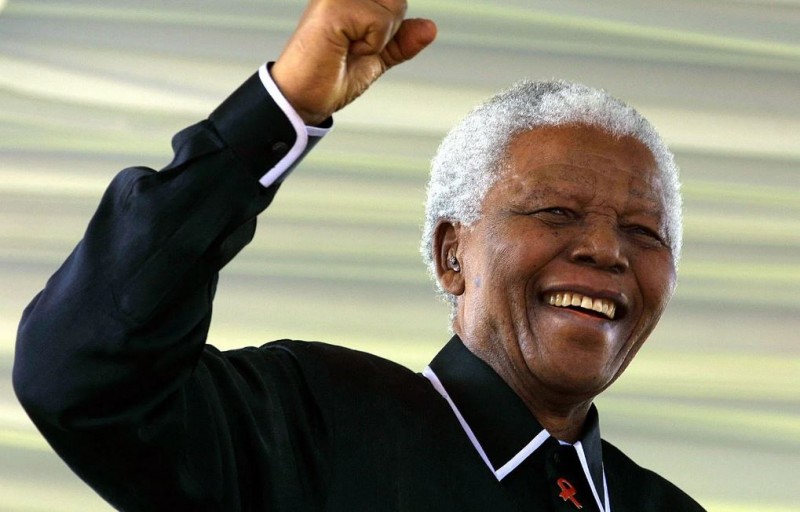
Introduction
In the tumultuous history of South Africa, the release of Nelson Mandela from prison in 1990 stands as a pivotal moment. It symbolized a significant shift in the fight against apartheid, a system of institutionalized racial segregation and discrimination. Mandela's release not only marked the beginning of the end of apartheid but also laid the foundation for a new era of democracy and equality in South Africa. This article explores the historical significance of Mandela's release and its impact on the country's future.
The Apartheid Era: A Dark Period in South Africa's History
The apartheid era in South Africa spanned from 1948 to 1994, during which the white minority government implemented a series of laws to enforce racial segregation and suppress the rights of non-white South Africans. This oppressive regime created deep divisions among the population, resulting in widespread protests, violence, and international condemnation.
The Imprisonment of Nelson Mandela
Nelson Mandela, a prominent anti-apartheid activist and leader of the African National Congress (ANC), was imprisoned in 1962 for his involvement in the armed struggle against apartheid. He was sentenced to life imprisonment, spending the next 27 years behind bars on Robben Island and later in Pollsmoor Prison.
International Pressure and the Anti-Apartheid Movement
Throughout Mandela's incarceration, the anti-apartheid movement gained momentum worldwide. International pressure mounted on the South African government to release him and dismantle the apartheid system. Sanctions, divestments, and protests became powerful tools in the global fight against apartheid.
The Release of Nelson Mandela: A Triumph for Freedom
On February 11, 1990, the world watched in anticipation as Nelson Mandela walked out of Victor Verster Prison, a free man after nearly three decades in confinement. His release was a significant turning point in South Africa's history and a triumph for the anti-apartheid movement.
Mandela's Role in the Transformation of South Africa
Following his release, Nelson Mandela played a pivotal role in the negotiations that led to South Africa's transition to democracy. He worked closely with President F.W. de Klerk to dismantle apartheid and establish a new political framework that would ensure equal rights for all South Africans.
The Negotiations for Democracy
The negotiations between the ANC and the National Party, under Mandela's leadership, aimed to create a democratic and inclusive society. These talks culminated in the adoption of a new constitution and the first non-racial democratic elections in 1994, in which Mandela was elected as the country's first black president.
The End of Apartheid: A New South Africa
With the end of apartheid, South Africa witnessed a radical transformation. The institutionalized racism and segregation were dismantled, and the country embraced the principles of equality, justice, and human rights. Mandela's release marked the dawn of a new era in South African history.
Mandela's Legacy: Reconciliation and Nation-Building
Nelson Mandela's legacy extends beyond his role as a political leader. He advocated for reconciliation and forgiveness, emphasizing the need for South Africans to come together as a united nation. Mandela's commitment to nation-building and his promotion of social justice continue to inspire generations around the world.
The Importance of Mandela's Release Today
The release of Nelson Mandela remains a symbol of hope, resilience, and the power of peaceful resistance. It serves as a reminder that even in the face of adversity, justice and freedom can prevail. Mandela's life and struggle inspire individuals and nations to fight for equality, human rights, and social justice.
Conclusion
The release of Nelson Mandela from prison in 1990 marked a watershed moment in South Africa's history. It signaled the beginning of the end of apartheid and paved the way for the establishment of a democratic and inclusive society. Mandela's leadership and vision played a vital role in the transformation of South Africa, leaving a lasting legacy of reconciliation and nation-building.
Exploring the Ultimate Benefits of Eating Pani Puri
Google Doodle honors India's beloved street food, Pani Puri
SC Grants Ashish Mishra Extended Interim Bail Amidst Lakhimpur Kheri Violence